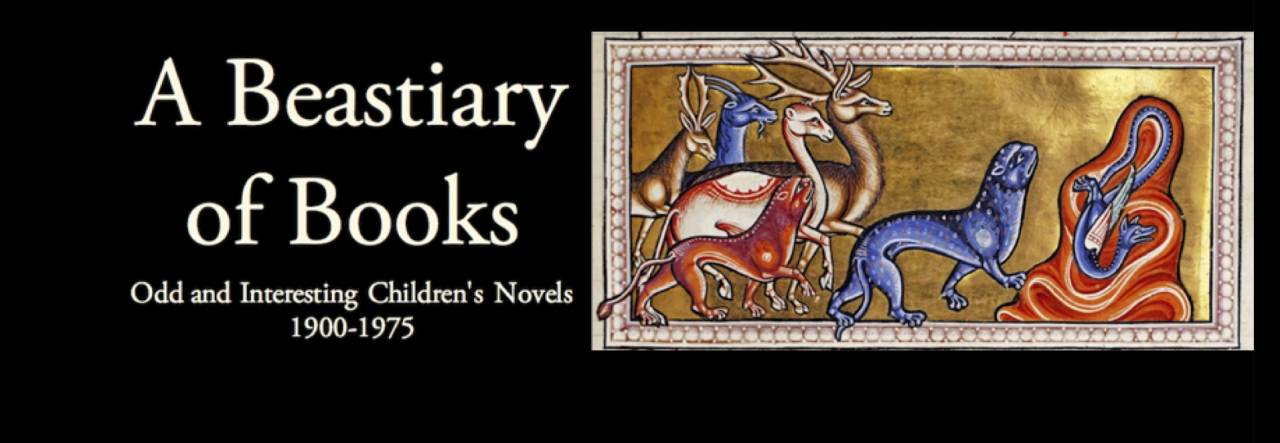 Of all the Narnia books, this was my favorite. No battle scenes, no uncomfortable journeys on foot through the wilderness, just a voyage on a dragon-headed boat to a series of fantastical isles.
Of all the Narnia books, this was my favorite. No battle scenes, no uncomfortable journeys on foot through the wilderness, just a voyage on a dragon-headed boat to a series of fantastical isles.
I often don’t like episodic story lines — I have too much trouble shifting my attention every chapter. But in Dawn Treader Lewis made each adventure intriguing in its own right, avoiding that wearying sense of one-damn-thing-after-another. There is Eustace’s experience with being an inconvenient dragon; the island where the water turns things to gold, and the corrosive effect it starts to have on everyone’s personalities; the sea serpent that tries to squeeze the boat to pieces and must be pushed backward off the stern; the island where Lucy must go alone to read the magician’s book; the dark island (not my favorite episode but it contributes to the overall richness of variety); and the island of the feast and the singing birds.
Hating early Eustace is of course fun, though many people have pointed out Lewis’s judgemental conservatism: “He didn’t call his father and mother ‘Father’ and ‘Mother,’ but Harold and Alberta. They were very up-to-date and advanced people. They were vegetarians, non-smokers and teetotallers and wore a special kind of underclothes.” This is funny, but also deeply stupid. Less often noticed, though, is Lewis’s nastiness towards a child who prefers non-fiction to fantasy adventure, and is interested in ocean liners and motor-boats and aeroplanes and submarines. When Edmund sneers, “As if he knew anything about them,” Edmund is wrong. Do I even need to say it to a modern audience? Eustace is an Aspie.
The framework of Dawn Treader comes from a long tradition of such stories, including Greco-Roman myth (the Odyssey, Jason and the Argonauts, the Aeneid), writings of the Spanish Arab scholar al-Idrisi, and some of the Norse legends, although Lewis’s most immediate inspiration was probably the Irish immram tales. These tell of voyagers sailing west into the Atlantic in search of the Otherworld, encountering strange islands along the way. A number of specific details in Dawn Treader seem to be plucked from these.
(But while we’re on the topic, let’s do away with the idea that Lewis and Tolkien were these intrepid genius scholars of ancient manuscripts. Digging up European and Middle-Eastern folklore was hugely popular in the late 19th and early 20th centuries, with translations and “retellings for children” pouring off of the presses. Lewis and Tolkien were late to the party. Several English-language translations of the immrama, including one for children, would have been available to Lewis.)
You may have noticed I left one adventure off my list above. This is their encounter with the slave traders on the Lone Islands. I find this episode so distasteful that I skipped it when reading to my daughter. Caspian’s encounter with Lord Bern is Lewis at his crypto-homoerotic, dominance-and-submission peak. (Lord Bern, by the way, may decry “vile traffic in man’s flesh,” but apparently has no problem owning a slave himself.) This sort of thing would be all good fun in, say, an episode of Outlander. But in a children’s book it is faintly horrifying. Then there’s also the matter of Caspian’s might-makes-right takeover of the Lone Islands, made palatable by his gang having prettier costumes and flags.
